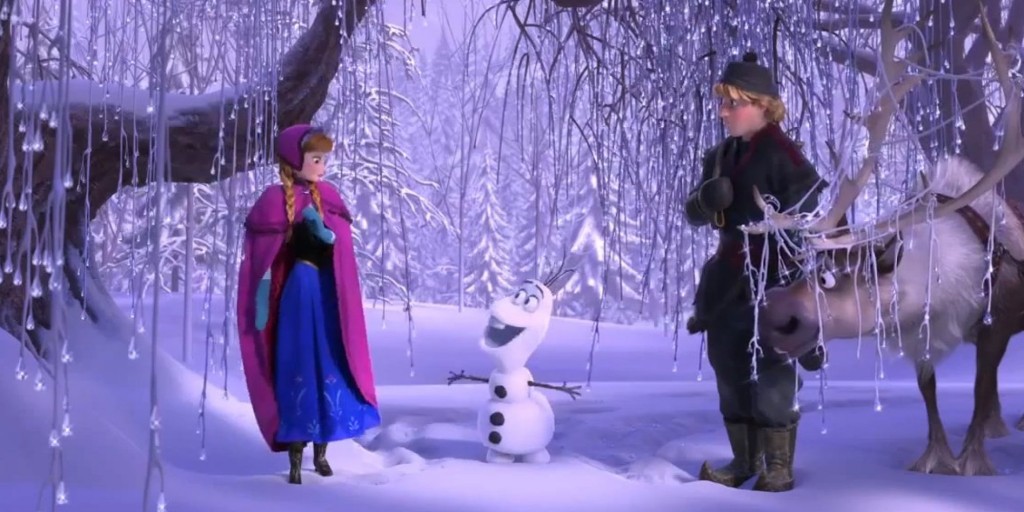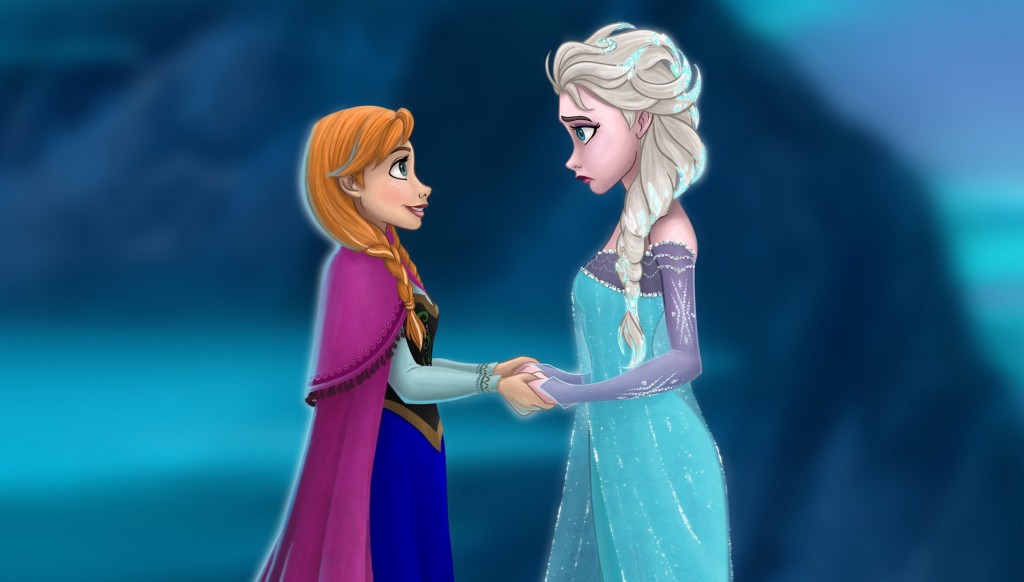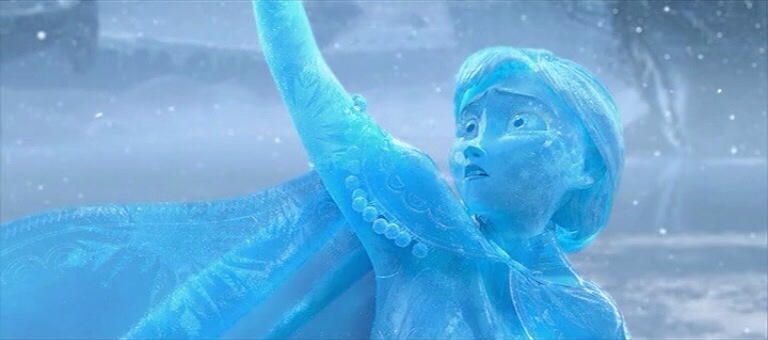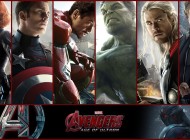FROZEN’s Water Part 2: Where it’s SOLID.
“Can I say something crazy?”
Disney’s Frozen isn’t just funny (we lauded the humor in our first post) and while we can enjoy great moments (like an excited Anna meeting the regal Hans by the boat dock) there’s something very important being set up in that scene… in fact, something is intentionally being set up to be knocked down. The lessons about the nature of love that Anna learns in the film are two-fold, yet corresponding… hinting at a greater love that transcends both romantic affection and even sibling bonds.
Lesson One: Love is not something you fall in
In the classic novel Sense and Sensibility, younger sister Marianne is swept away by her emotions toward the handsome, dashing Willoughby, hardly noticing (even spurning) the affections of the gentlemanly, devoted Colonel Brandon. There are a lot of parallels between Marianne and young Anna in Frozen, as she meets her “one true love” and wants to get married… on her first day out of the house, to a man she just met. What’s funny is we kind of want to believe it (that song is pretty catchy, right?) and plenty of young adult novels like Twilight would have us believe it too. When the apostle Paul gives us the litany of love in his letter to the Corinthians, however, how does the definition of love begin?
“Love is patient…” – 1 Corinthians 13:4
Whereas most fairy tales – and much of modern culture – elevates and celebrates love as a feeling marked by overwhelming impetuousness, this biblical passage about real love begins with patience and ends with perseverance. Impetuous need not apply. We even use words like “falling in” to describe it, as though it’s something we accidentally stepped in or stumbled into. Think about it in Christian terms: using a phrase involving the word “fall” gets you kicked out of paradise and bliss, not the other way round.
Kristoff: “I don’t trust your judgement!”
Anna: “Excuse me?”
Kristoff: “Who marries a man they just met?”
Anna: “It’s true love!”
Speaking in terms of “true love” makes many modern romantics think of The Princess Bride (see our review), but remember: the love of Westley and Buttercup in that story was not a passion ignited by goo-goo eyes, sparkling vampire stares, or even spontaneous song. Westley loves her patiently, like a servant… slowly but surely garnering Buttercup’s affection and thawing her heart. It’s a far cry from the typified romantic comedy wherein a destined-to-divorce couple “falls” for each other after a meet-cute.
Without giving away all the story beats here, Frozen’s course of events takes instant marriage (just add water) and puts it on ice for a few days, forcing Anna to to think things through… and not in an Edward/Jacob which-one-to-pick kind of way. The focus of the story is refreshingly about the two sisters, not an Anna love triangle. Still, along the way the younger sister finds out more about her fiance, Kristoff, her sister, and the world around her. The revelations make everything much more complicated and in need of a little thing called discernment.
Is there value in getting to know someone over time? Can we “just know” as so many romantic comedies promise us? Although Enchanted already covered some of this territory (and extremely well, I might add – see our review) Disney has spun a solid story wherein girls (and boys) are cautioned against being ruled by their emotions, hormones, adrenaline, etc. True love is more than goo-goo eyes and a moment of kismet. In fact, in the Bible the only chronicled character who characterizes love as something he’s fallen “in” is a nutter named Amnon who desires his sister (ewww). In scripture, and as we see in Frozen, love is chosen.
Lesson Two: True love is active and efficacious
It’s a refreshing departure from form that Frozen is more about sibling love than relational intimacy. (The film even passes the Bechdel test.) In a critical scene, Anna’s life is on the line and the only remedy is “an act of true love”. Being a fairy tale, everyone (in and out of the movie) naturally leaps to the notion of “true love’s kiss”. However, it’s not the smooch, or the love of a Prince Charming, that provide the solution in this chilly tale. True love is manifest as action – sacrificial action – and this is climax that brings everything into the light and allows for efficacious change.
“Greater love has no one than this, that someone lay down his life for his friends.” – John 15:13
Would we put ourselves between a sword and a sibling? What about a stranger? Do we even inconvenience ourselves for others? Moreover – even if it’s not the case in Frozen – what if the person deserved that sword? Go one step further and assume for a moment that icy Elsa doesn’t even merit saving… would we take the full force of someone’s wrath to redeem a person who deserved to die?
“God shows his love for us in that while we were still sinners, Christ died for us
It’s that kind of radical love espoused by Jesus Christ to his disciples that we see manifest in the final scenes of this Disney comedy adventure, a kind of love that involves emotions but isn’t ruled by them. In a world that plays so loosely with what love is, Christianity paints poignantly what true love entails and the only one who paints it perfectly. True love is purposed and pointed, determined and directed. It’s making a decision, followed by decisive acts, that live out what Olaf says to Anna:
“Some people are worth melting for.”
I hope these are the primary lessons emphasized by parents and people to children of all ages who engage this film. They’re solid, and eternal… unlike the final point we’ll cover in our last post, a muddled puddle of ideology in the middle of the movie we need to see clearly and then, as the song says, let it go.








